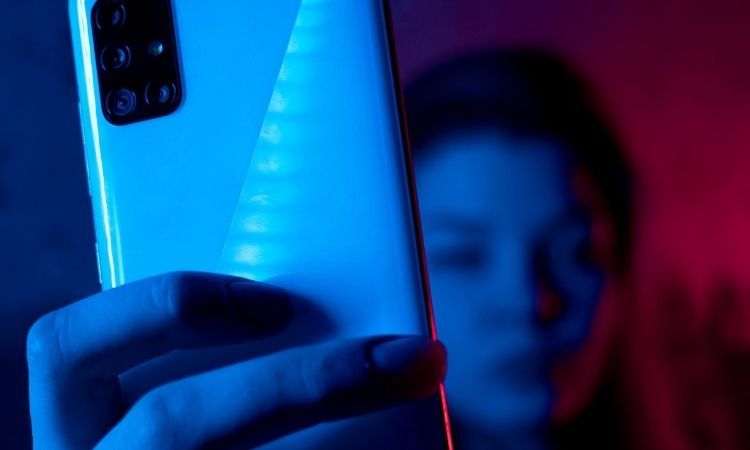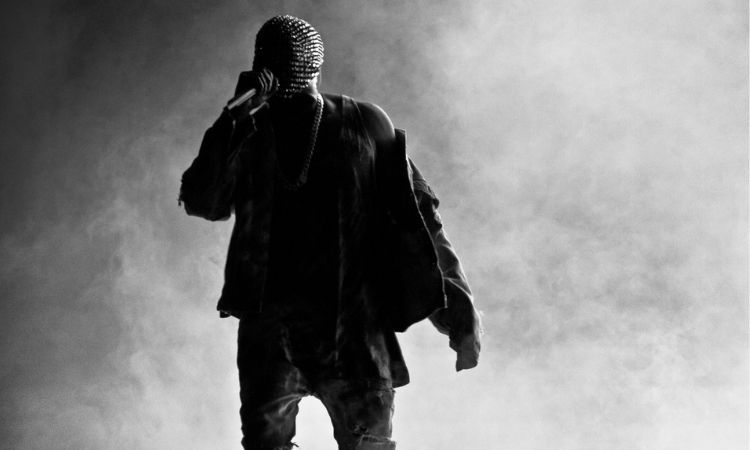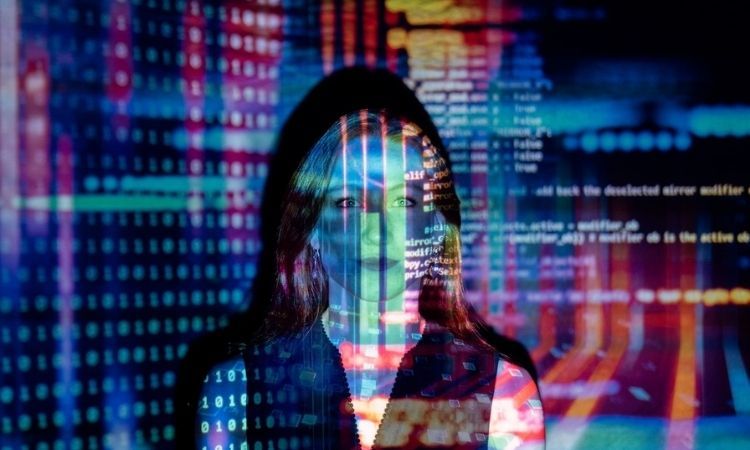With data breaches so commonplace in today’s society, you may wonder whether celebrities find themselves at a higher risk of such incidents. Here’s an overview to help answer that question.
Professionals With Celebrity Clients Make Blunders
Mishaps often occur when employees of organizations with celebrity clients mishandle sensitive information. In one recent instance, award-winning fashion model Stephanie Hoffman filed a lawsuit against her law firm. She alleged it leaked her data while filing records associated with another, unrelated breach suit against her former modeling agency.
According to Infosecurity, Hoffman claims the law firm showed unredacted personal information—including her Social Security number, home address, passport details, and mobile number—to a Manhattan federal court. That example highlights how a seemingly thoughtless action has unwanted cybersecurity consequences.
However, famous people can reduce the chances of such incidents by asking what a service provider does to prevent breaches. Do staff members receive ongoing cybersecurity training? How and when does a company encrypt its stored data?
The answers help a celebrity or their associates gauge if a service provider takes cybersecurity seriously. Signs that it doesn’t could prompt switching to another company or ending a contract early.
Cybercriminals Target Celebrity Data
While planning their attacks, cybercriminals want to cause the most damage possible. That means they often target large organizations or data types with a known value. Getting celebrity data opens opportunities to sell the information to tabloids, leak it on the Dark Web, or even use the content for blackmail.
A large-scale 2020 case, as reported by Variety, involved a hack at a media and entertainment law firm. Unauthorized parties stole a massive 756 gigabytes of data, including personal messages sent between celebrities and employees. Affected individuals included Idina Menzel, Bette Midler, Bruce Springsteen, and Lady Gaga.
Avoiding such incidents involves addressing weaknesses and investigating a company’s overall cybersecurity readiness. The U.S. Department of Defense has more than 300,000 providers comprising its defense base. Those parties must get certified for cyber maturity to fulfill their contractual obligations.
A company with celebrity clients could demonstrate a similar cybersecurity readiness by scheduling an audit and taking corrective action based on the results. Showing transparency about cybersecurity preventive measures boosts confidence among stars, as well as non-famous people on its roster.
Hospital Visits Spark Extraordinary Curiosity
Celebrity illnesses typically attract attention, particularly when involving emergencies. Unfortunately, stars face risks beyond the prying eyes of paparazzi outside a facility’s entrance. Hospital workers sometimes get too curious and access a celebrity’s medical records without authorization, committing a data breach in the process.
The first General Data Protection Regulation (GDPR) fine issued in the Netherlands came about because of such an instance with an unnamed Dutch celebrity. An investigation showed that 197 people accessed the stars’ records. That abnormally high number prompted a closer look at the hospital’s data handling, which revealed issues.
However, the people participating in celebrity data breaches sometimes have cash-driven motives coupled with curiosity. For example, Help Net Security explained how a hospital employee leaked data about the late Farrah Fawcett’s cancer diagnosis to a tabloid before the actress told her family about the health issue.
Besides invading a celebrity’s privacy, these issues may threaten a star’s career prospects. When NFL player Jason Pierre-Paul suffered a hand injury requiring partial finger amputation, two hospital employees gave the news to ESPN. That happened during contractual negotiations for the athlete to sign with a new team.
Many stars who need medical care can’t feasibly inquire about how a hospital handles data before undergoing procedures or consenting to emergency treatment. However, having a competent legal team ready to take action against suspected breaches is a smart protective measure.
Famous People Face Sextortion Risk
Sextortion often occurs when unauthorized persons threaten to leak sexual content—such as a celebrity sex tape—unless victims comply with demands. A variation on the crime occurs when perpetrators try to coerce people into performing sexual acts to avoid unwanted consequences.
Celebrities are not the sole victims of sextortion attempts. However, criminals commonly target them due to their positions of power. Famous people know that sexual scandals could damage their reputations.
Plus, most individuals have little interest in seeing sex tapes from their neighbors who have everyday jobs. The situation becomes drastically different with sexual content associated with someone known around the world.
The Times of India describes a recent bust of an Indian sextortion scheme involving high-profile victims, such as well-known businesspeople and Bollywood celebrities. Investigators said that those affected had their social media profiles open for anyone to see and that criminals used the information there to shape their schemes. The perpetrators doctored multimedia text messages by placing a celebrity’s face onto the body of someone engaged in a sexual act.
They then contacted the famous person and demanded money to prevent leaking the falsified message. Most celebrities have widely accessible social media profiles, making tighter controls unrealistic. However, gaining control of the situation could involve promptly contacting law enforcement and issuing a public statement to deny the legitimacy of fake content.
Social Media Hacks Could Cause Account Takeovers
Many people who follow celebrities on social media eagerly look for each new post, seeing the famous person as a highly influential individual. Unfortunately, cybercriminals are tempted to exploit that loyalty with celebrity data breach attempts.
Silicon Republic explains how a 2020 spear-phishing attack at Twitter led to account takeovers affecting Kanye West, Elon Musk, and other well-known individuals. Those responsible for the incidents tricked Twitter employees and gained access to internal systems. Once inside the network, the hackers changed celebrities’ passwords and used their Twitter profiles to advertise a Bitcoin scam.
The premise was that celebrities would distribute $2,000 to fellow Twitter users if people sent them $1,000 in the cryptocurrency. The hackers used celebrities’ verified profiles to make those requests, making them seem more realistic. The criminals also pored over celebrities’ data after getting access.
The hackers targeted 130 Twitter profiles and sent tweets from 45 of them. However, 36 victims had their direct message inboxes accessed, while hackers downloaded the Twitter data from another seven accounts.
Activating two-factor authentication (2FA) is a smart way for a celebrity or their social media manager to get immediate alerts of password changes or other unauthorized account access. Plus, when incidents like this one happen, stars can act quickly to warn followers of the scam by posting about it through unaffected accounts on other social networks.
Celebrity Data Breach Incidents Pose Genuine Risks
Anyone could find themselves victimized by a data breach. However, these examples show that the consequences of those incidents can become more severe when famous people suffer them.
Consider if a non-celebrity had their data leaked due to a hospital hack, and the stolen records detailed their substance abuse issues or mental instability. Such revelations could jeopardize their careers and reputations by publicizing personal and private matters. However, it’s more likely that most people would not know or care about those issues due to the victim’s lack of societal status.
The situation becomes much different during a celebrity data breach. Millions of people could learn a famous person’s private details after a hacker’s strategic leak. However, on the positive side, most celebrities have more resources to address such privacy violations than the average individual.
Famous people may have direct access to a social network’s CEO or a seasoned legal team with a history of positive outcomes in data breach cases. Law enforcement officers may act quicker and take the situation more seriously with a high-profile person affected compared to a little-known individual.
Even so, famous people must take exceptional measures to protect their data. Doing that supports their current careers and future opportunities. And although celebrities aren't the only ones who need to protect their data, it's clear that these incidents are more likely to occur when personal information isn't secure.





